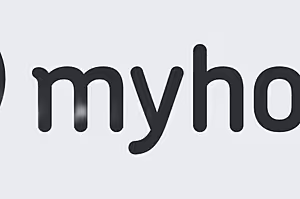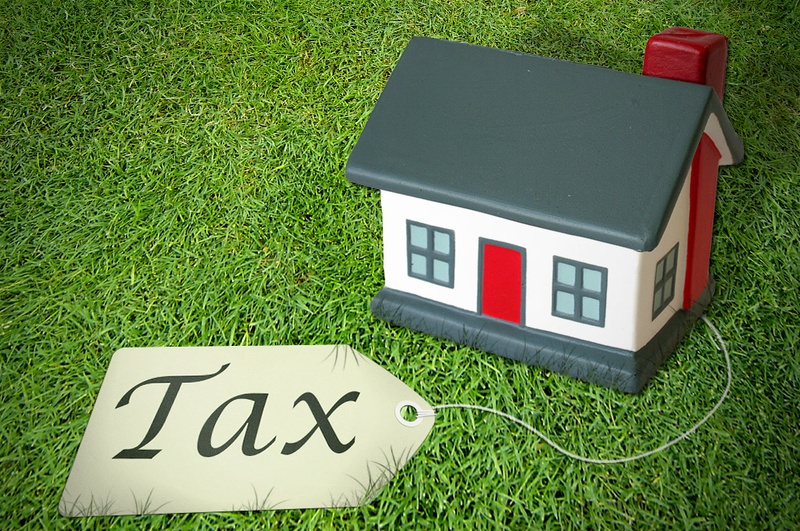
Almost 150 unfinished housing developments were not given waivers from the controversial local property tax, despite being recommended for whole or part exemptions by their local authority.
Documents released to the Irish Examiner under the Freedom of Information Act show that city and county councils across the country proposed more than 560 estates for exemptions from the tax, which will cost the average household €315 per annum.
The recommendations were contained in forms returned to the Department of the Environment earlier this year.
However, at least 144 unfinished developments recommended for waivers did not appear on the official list of 423 ghost estates which were exempted from the property tax by Environment Minister Phil Hogan in March.
The waiver from the tax will apply up to the end of 2016 and will save the owners of a property with an average value of between €150,000 and €200,000 a bill of about €1,100 over the period.
The documents provide no information as to the reason behind the removal of such developments from the waiver list in the majority of cases, although they hint at various communications between department officials and local authorities.
However, one memo from a senior Department of Environment official states clearly that local authorities have the "final decision" on which developments are granted a waiver.
Almost 3,500 households are based in the 144 developments which are located in 10 council areas, although only some were considered eligible for a waiver as the minister decided that just parts of estates could receive exemptions.
They do not include figures for Cork County Council — the authority with most approved waivers — which were not provided to the Irish Examiner.
More than half of all developments recommended for waivers in Kerry, Kildare, and Wicklow were ultimately not approved.
Kerry County Council originally submitted 82 developments for waivers but only 27 were approved. Kildare County Council proposed 47 estates for exemptions from the property tax and 28 were rejected, while only three out of 12 developments recommended by Wicklow County Council were granted waivers.
Local authorities were notified by the department that waivers could be granted to households in unfinished developments which were identified as being in a seriously problematic condition in a 2012 survey and which were "incomplete to a substantial extent" with regard to public infrastructure and amenities including access, roads, water services, public lighting and amenity areas.
Source: The Irish Examiner





